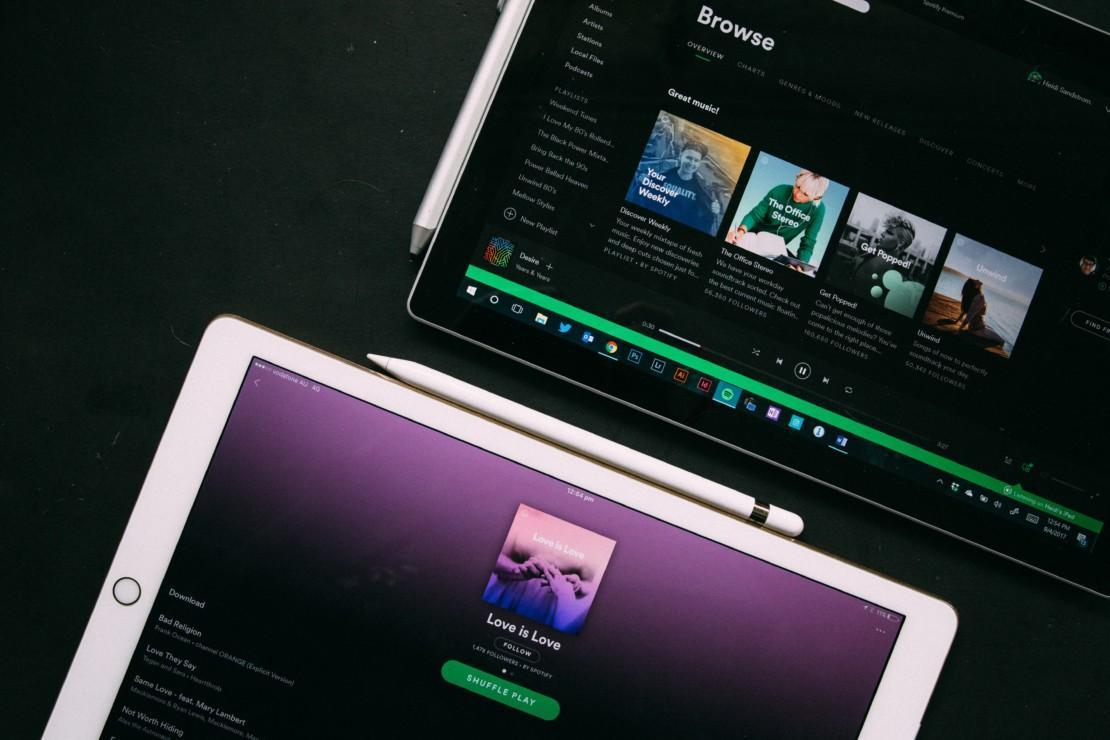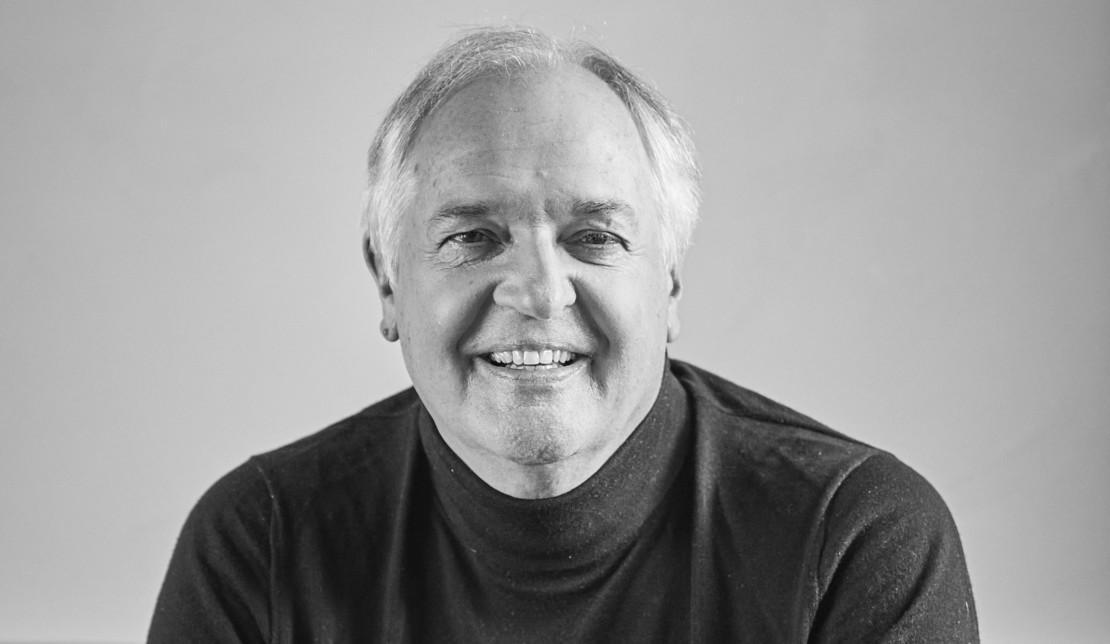1Feb2022
Not over ’til it’s over? Covid-19 continues to hobble global economy
The strong rebound in GDP across most of the world may prove to be more of a bounce than a movement. Purchasing power, bolstered in many cases by government intervention was strong in 2021. Despite strong product demand, supply chain issues have left factory shelves depleted and driven inflation sky high.
In the US, the inflation rate hit 4.6%, the highest of the developed markets, and is expected to remain relatively high at 4.0% in 2022. Eurozone inflation hit 2.5% and is forecast to remain close to this level at 2.3% in 2022. This could dampen demand in 2022 and 2023 leading to slowing growth rates and rising insolvencies.
With new more contagious Covid-19 variants driving infection rates to record highs the visual impact of the pandemic is readily evident with new lockdowns resulting in lower traffic levels, closed stores and hospitality businesses, less travel, still understaffed offices, and less crowded downtown areas. Despite this, demand for consumer durables products in particular has been good. Getting these goods to market however has been an issue.
The pandemic has triggered a number of supply chain bottlenecks that have delayed shipment of raw materials and finished products, depleted stock levels, and driven up freight costs. With these factors driving prices higher and skyrocketing fuel prices due to OPEC production caps and gas shortages, despite the surge in demand, slower GDP growth is anticipated in 2022 and 2023.
A new driver on the electric avenue? Hydrogen economy hints at new global power dynamics
Driven by the climate urgency and countries’ commitments to net zero, the International Renewable Energy Agency IRENA estimates hydrogen to cover up to 12 per cent of global energy use by 2050. Growing trade and targeted investments in a market dominated by fossil fuels and currently valued at USD 174 billion is likely to boost economic competitiveness and influence the foreign policy landscape with bilateral deals diverging significantly from the hydrocarbon relationships of the 20th century.
“Hydrogen could prove to be a missing link to a climate-safe energy future”, Francesco La Camera, Director-General of IRENA said. “Hydrogen is clearly riding on the renewable energy revolution with green hydrogen emerging as a game changer for achieving climate neutrality without compromising industrial growth and social development.”
Cross-border hydrogen trade is set to grow considerably with over 30 countries and regions planning for active commerce already today. Some countries that expect to be importers are already deploying dedicated hydrogen diplomacy such as Japan and Germany. Fossil fuel exporters increasingly consider clean hydrogen an attractive way to diversify their economies for example Australia, Oman, Saudi-Arabia and the United Arab Emirates. However, broader economic transition strategies are required as hydrogen will not compensate for losses in oil and gas revenues.
How much (or little) is enough? Research reveals the positives of working less
New research from Swedish universities reveals some unexpected findings around working shorter hours. In 2015 the city authority of Gothenburg, Sweden, took the unique decision to extend the right to part-time working to all employees, for any reason. The move has now been analyzed in a new research project that reveals how the change led to benefits for employees – but also for managers.
The new sustainability analysis of shorter working hours builds upon a survey of 1000 Gothenburg city employees who had a full-time contract, but who had chosen the option of reduced working hours, despite the reduced salary.
Though some participants did report stress related to financial worries, overall, the vast majority who reduced their working hours experienced increased well-being with a better work-life balance and improved health. The research project also looked at managers’ experiences of having employees working part-time and found that they were in general very positive.
“We were surprised that managers viewed part-time work so positively as well. Essentially, their view was that what was good for the employee was also good for the organization,” says Jörgen Larsson, a researcher at Chalmers University of Technology, who led the multidisciplinary research project between Chalmers, the University of Gothenburg and KTH Royal Institute of Technology.
Among the benefits identified were reduced risk of sick leave and better retention of employees. These advantages were perceived as more obvious than the disadvantages in the form of difficulties with staffing and finding times for collaborative work and meetings.
Who’s singing off-key? Young and Mitchell leave Spotify due to popular podcast
Neil Young announced that he had asked his management and record label to remove his music from Spotify in protest of the streaming service’s decision to host Joe Rogan‘s podcast. Rogan, whose podcast is distributed exclusively through Spotify, has been criticized by doctors and scientists for spreading misinformation regarding the coronavirus and vaccines.
“Most of the listeners hearing the unfactual, misleading and false COVID information of Spotify are 24 years old, impressionable and easy to swing to the wrong side of the truth,” Young posted in a statement to his website. “These young people believe Spotify would never present grossly unfactual information. They unfortunately are wrong.”
As the first high-profile musician to join Young’s protest, Joni Mitchell said that she will remove her music from Spotify as well.
In a separate post to her website, Joni Mitchell also republished the “Open Letter to Spotify” signed by over a thousand doctors and scientists speaking against Rogan’s false statements regarding vaccine safety and coronavirus precautions.
Spotify reportedly paid USD 100M for rights to The Joe Rogan Experience podcast in 2020. The program is the top podcast on Spotify, and it is reportedly downloaded almost 200 million times a month.
Spotify’s CEO has said the company doesn’t dictate what Rogan can say on its platform and argues that Spotify is not editorially responsible.


